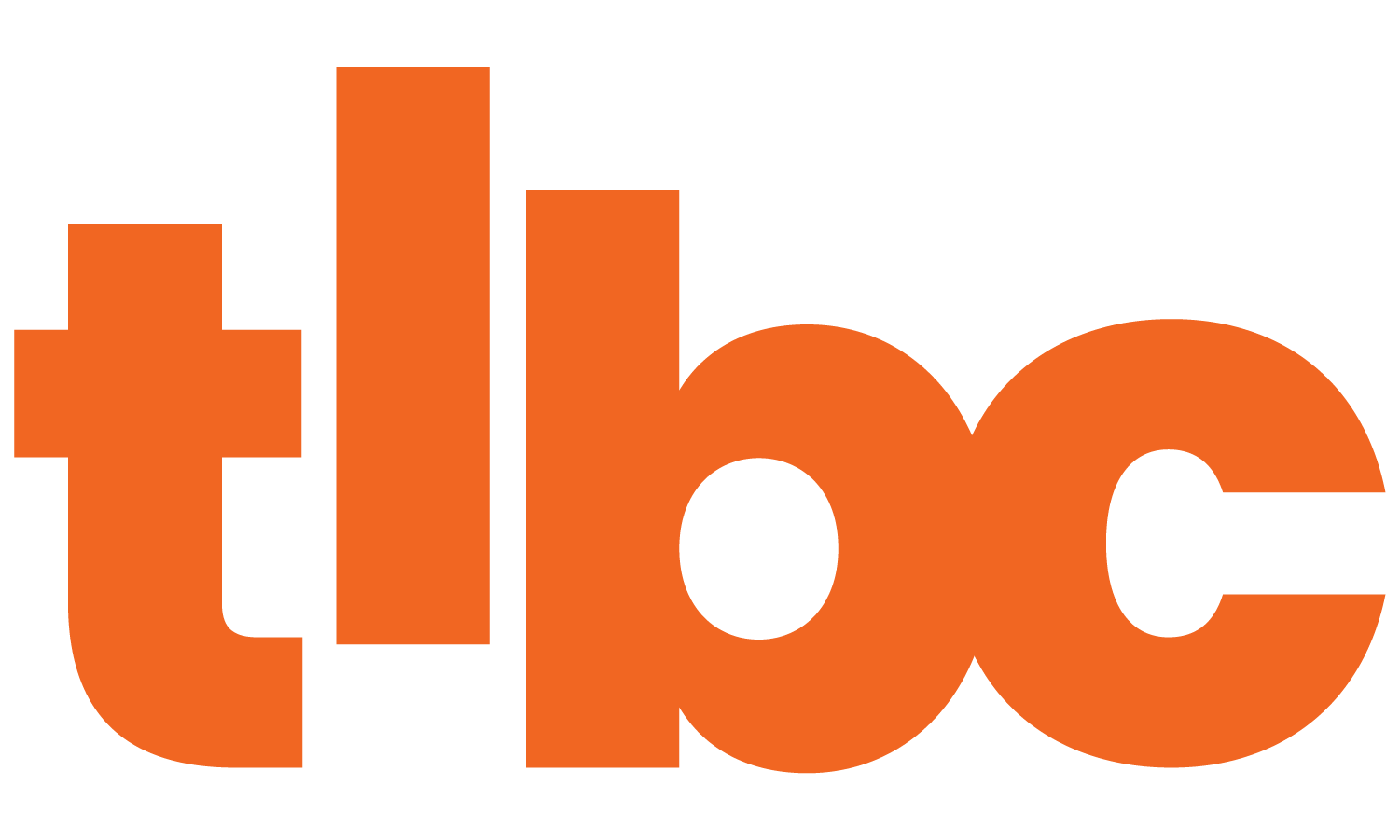In today’s fast-paced world, we are under a constant pressure to achieve more and more, leading us to focus on productivity as the ultimate goal. However, have you ever thought that productivity might not be everything? In this blog post, we will be discussing the subtle differences between productivity and effectiveness, why productivity is so dominant in today’s world, and the importance of striving for effectiveness. Finally, I’ll share some tips on how you can become more effective in your work and escape the productivity trap.
Let’s dive into it
The difference between productivity and effectiveness
When you hear the word “productivity,” you might think of getting as much done as possible in the least amount of time. Is this really the best way to work though? Grinding away at an endless list approach really the most effective way to work? I don’t think it is and I don’t think you do either. There’s a better way, it’s called being effective and I think it’s worth better understanding the differences between productivity and effectiveness.
Productivity vs Effectiveness
Productivity and effectiveness are two concepts that are often used interchangeably, but they have subtle yet significant differences. At its core, productivity is about getting as much done as possible, while effectiveness is about getting the right things done. It’s about making sure that your efforts are focused on the most important tasks, not just any tasks. One way to think of it is this: productivity is a measure of output while effectiveness is a measure of results.
With how much our culture focuses on productivity, it’s easy to fall into the trap and start measuring success by the sheer volume of tasks completed, but this can lead to overlooking the value of effectiveness.
Imagine you have a to-do list of ten tasks, and you manage to complete all of them by the end of the day. On the surface, this might seem like a productive day, but what if those ten tasks didn’t actually move you closer to your goals? What if the two most important tasks on your list didn’t get done because you were too busy with the other eight? This is where effectiveness comes in – it’s about prioritizing the tasks that will have the greatest impact and making sure they get done, rather than just checking off as many items as possible.
But this focus on productivity can also have additional negative consequences. Focusing solely on productivity can quickly lead to burnout and a never-ending cycle of work. When the goal is to get the most done in the least amount of time, there’s always more to do, and it’s hard to feel a sense of accomplishment or satisfaction. On the other hand, being effective means taking the time to identify the tasks that truly matter and focusing your energy on them. This can lead to a greater sense of purpose and fulfillment, both in your work and in your personal life. Ultimately striving for effectiveness is a more holistic and sustainable approach to achieving success.
Why productivity is valued in society
During the industrial revolution, companies placed a significant emphasis on maximizing profit. This prompted them to re-evaluate their work processes and identify more efficient ways of operating in order to maximize profit margins. This need for increased efficiency and productivity, often at the expense of employees, sparked interest among companies to explore increasingly sophisticated management techniques and systems.
to fill that gap, Frederick Taylor waltzed in and said “hey, have you tried measuring them?”. Taylor, known as the father of scientific management, believed that by studying the science of work, companies could produce more efficient workers capable of producing more. He believed that there was one best way to perform any task, and he developed methods to measure and analyze the time, motion and effort required to perform a task. This led to the development of many modern management techniques, including workflow analysis, job design, and standardization of work processes.
As companies sought to boost productivity and efficiency, they followed Taylor’s lead and reorganized their organization in order to optimize work and improve efficiency. This often involved breaking down work processes into smaller, more easily understood tasks that could be performed by less skilled workers. This allowed companies to reduce costs and get the most out of their labor force while speeding up the production process and reducing the risk of errors or mistakes. But this type of strict focus on efficiency comes at a cost, as a result, many workers found themselves disconnected from the overall purpose of their work and experienced a loss of connection and motivation.
But let’s fast forward here, as labor moved towards more cognitive and analytical tasks, productivity became an increasingly self-sustained practice. Workers were expected to be able to manage their own time and prioritize the tasks they were working on, which led to an increased level of autonomy and self-management in the workplace. This shift also meant that workers were required to develop new skills and techniques, such as multitasking and time management.
But there’s a problem, when the focus on productivity began, work was primarily focused on producing as much as possible in as little time as possible. The ultimate goal of increasing productivity, efficiency and self-practice was to get the most done in the least amount of time so that workers could get their time back. This goal has become an obsession in modern times, often at the expense of mental and physical health. But there isn’t even really a good reason for this. Jobs today increasingly focus on getting the right things done at the right time which doesn’t lend itself to the process of tracking productivity in the same way.
So if tracking productivity isn’t the right approach, what is?
Why you should strive for effectiveness.
Instead of striving for ever-higher levels of productivity, we should strive for effectiveness – the ability to understand which tasks are most important and focusing our energy on them. This approach is more sustainable than productivity in the long run and can lead to greater purpose and fulfillment in both work life and personal life.
Productivity solely focuses on being busy and completing tasks, whereas effectiveness concentrates on accomplishing the right tasks at the right time. This approach saves a lot of time and energy, which can then be directed to other important areas of life. By being effective, one can accomplish more in a short period while also ensuring that the work done is of a high quality and meets the required standards.
Think about it, what is the point of doing work if the tasks completed do not add any value? The entire thing becomes pointless. It makes more sense to focus on accomplishing a single task that brings significant outcomes than ticking off tasks that do not matter. Not to mention the feeling of satisfaction that comes from being effective and achieving goals cannot be underestimated. It brings a sense of fulfilment, knowing that you are on the right track and progressing well. In contrast, being productive can lead to stress and burnout as one may tend to overwork without achieving a particular goal. Being effective means achieving more with less, and this reduces stress and workload, translating to a more fulfilling life.
How to be more effective
So let’s talk about how to make your work more effective each day and escape the productivity trap.
Preparation is key to success in many aspects of life, including work. Taking the time to prepare can mean the difference between a successful outcome and one that falls short. Preparation can mean doing research, practicing skills, or simply organizing thoughts and materials. When preparing for work, it’s important to think about the specific tasks at hand and make a plan to tackle them effectively. This might involve breaking down larger projects into smaller, manageable steps or delegating tasks to team members. Whatever the approach, preparation helps ensure that work is completed efficiently and with good results.
Having a clear goal is essential for achieving success in any area of life, and work is no exception. When it comes to work, having a clear goal can help guide decision-making, prioritize tasks, and stay focused during challenging times. A clear goal can be specific or broad, depending on the task at hand. It might involve meeting a deadline, achieving a certain level of productivity, or simply delivering high-quality work. Whatever the goal, taking the time to identify it and communicate it to others can help ensure that everyone is working toward the same objective.
While work is an important part of life, it’s essential to prioritize health, rest, and joy as well. Neglecting these important areas can lead to burnout, stress, and a decrease in overall quality of life. Prioritizing health might mean taking breaks throughout the workday to stretch or exercise, eating nourishing foods, or getting enough sleep at night. Rest might involve taking time away from work to pursue hobbies or spend time with loved ones. Joy can come from many sources, but finding activities that bring happiness and fulfillment can help balance the stresses of work.
In conclusion, it is clear that being effective rather than productive offers many advantages for both personal and professional life. Preparation, having a clear goal, and prioritizing health can help ensure success in work-related tasks while also reducing stress levels. All of these principles are essential to making sure we stay healthy and fulfilled as we strive towards our goals. If you’re looking to become more efficient at work or just want to make sure your day-to-day activities bring joy instead of burnout, then focus on effectiveness over productivity—it will be worth it in the long run!







